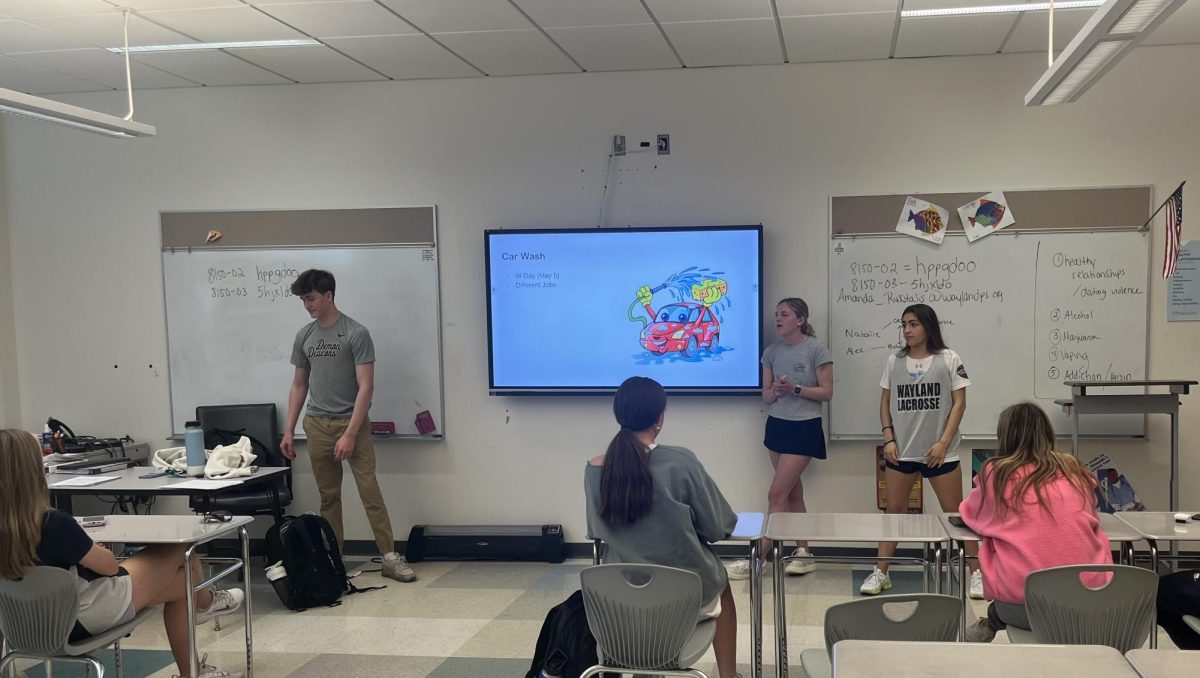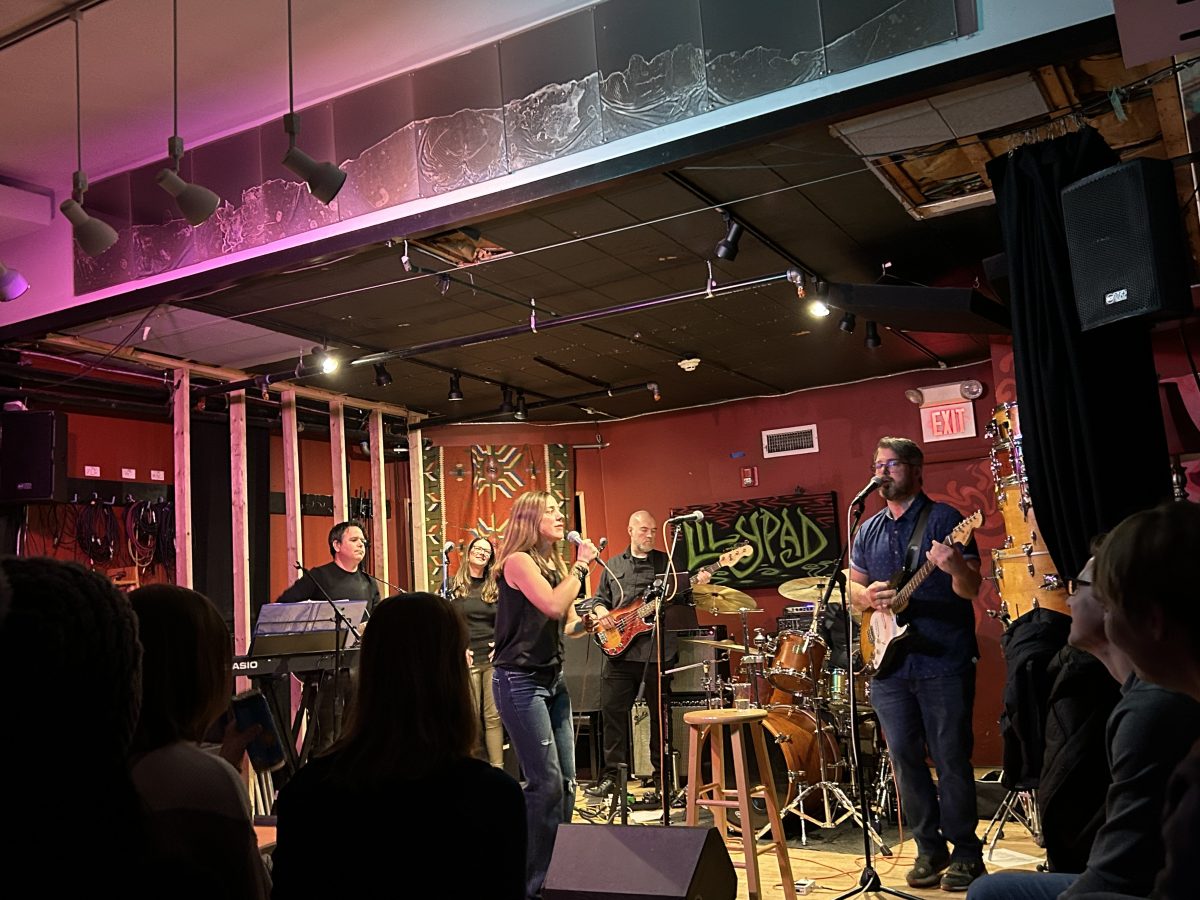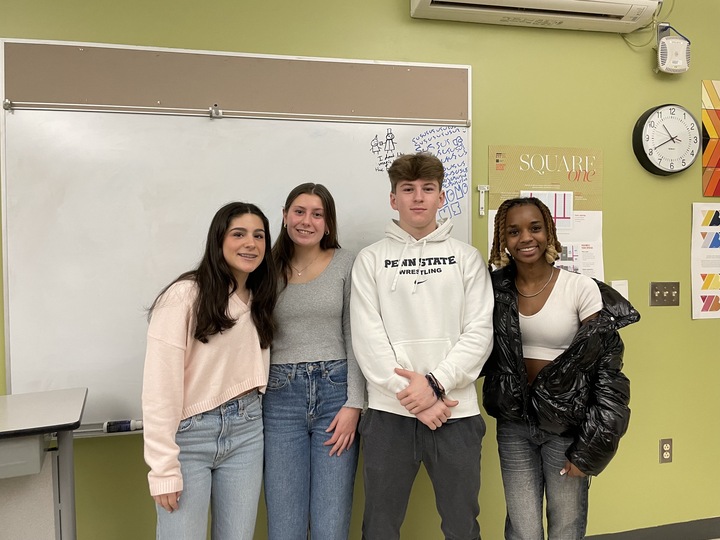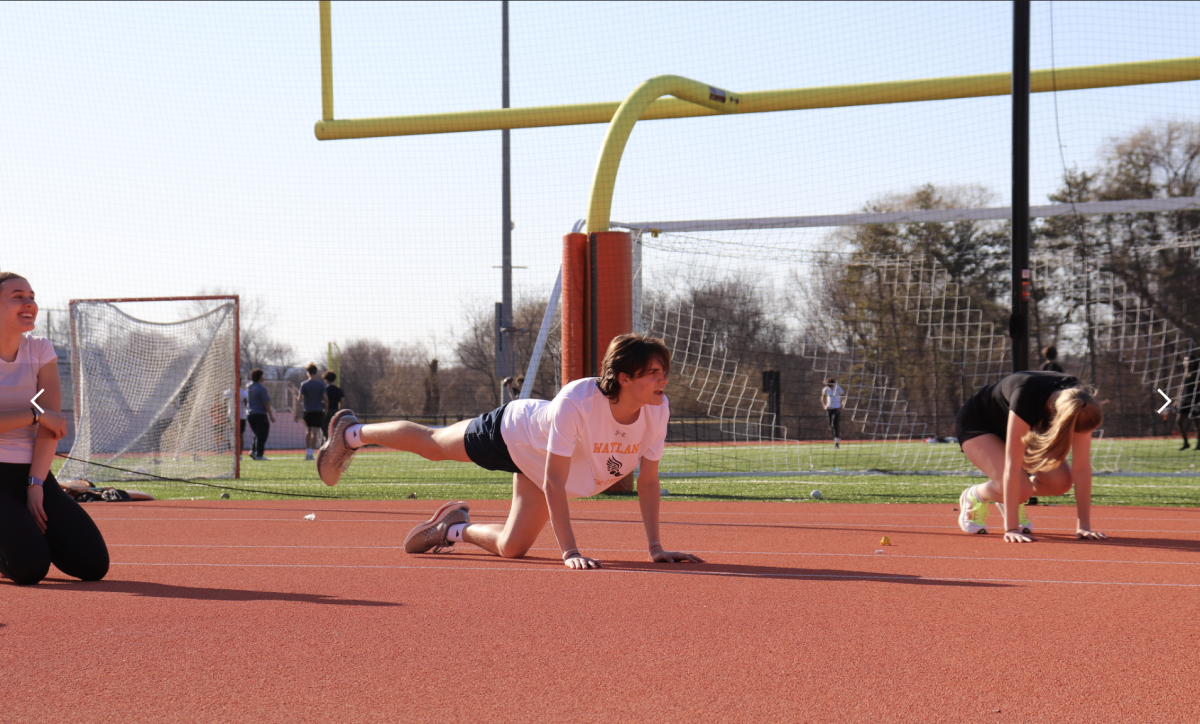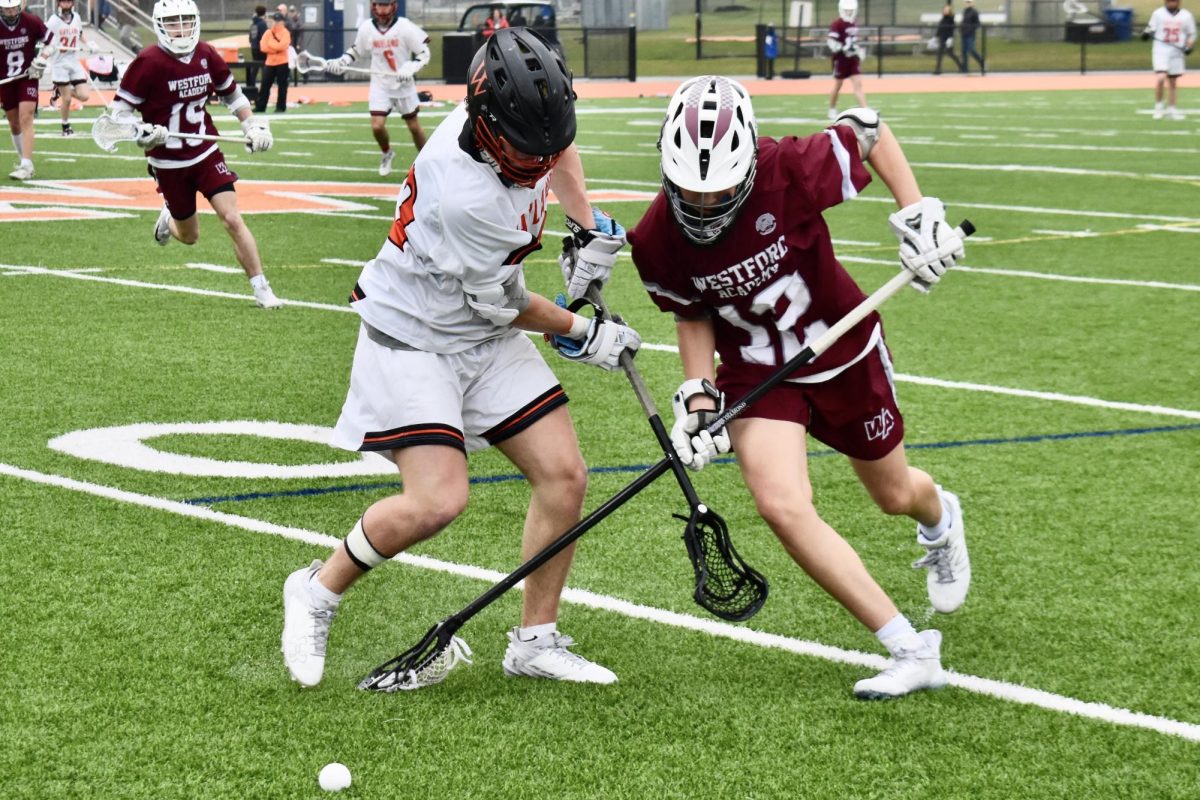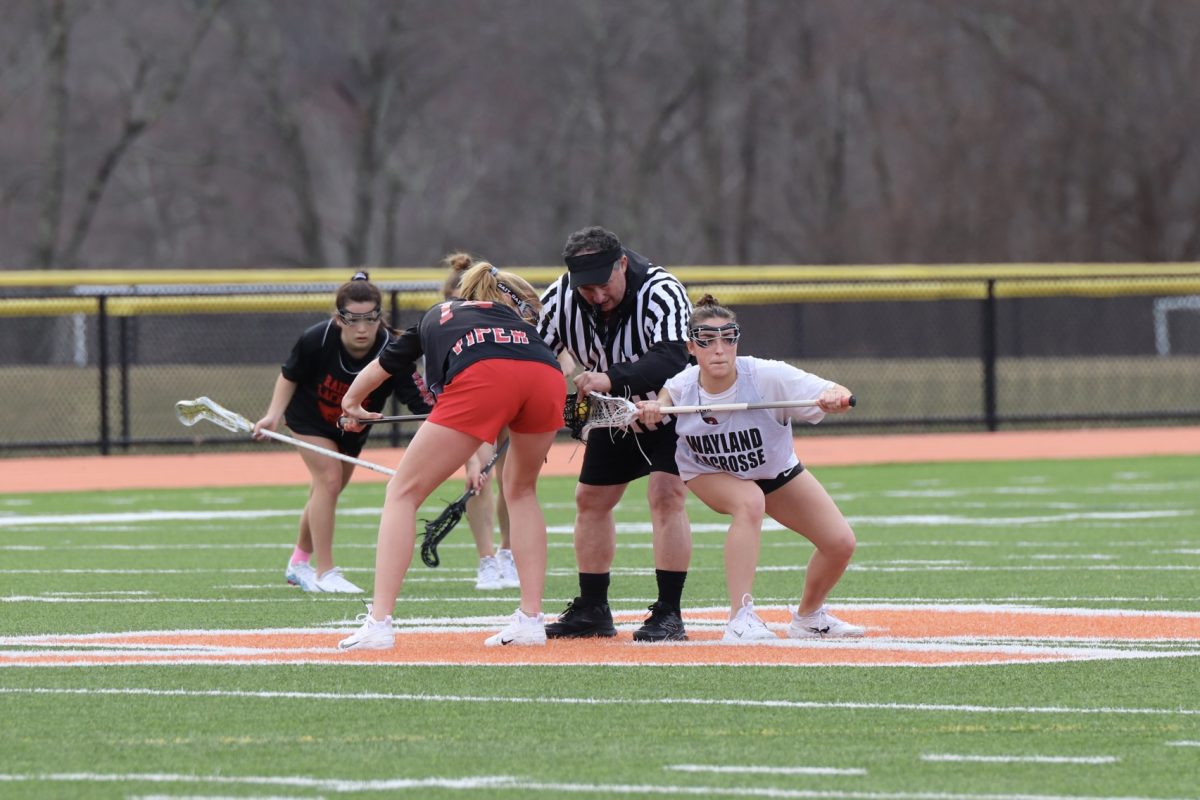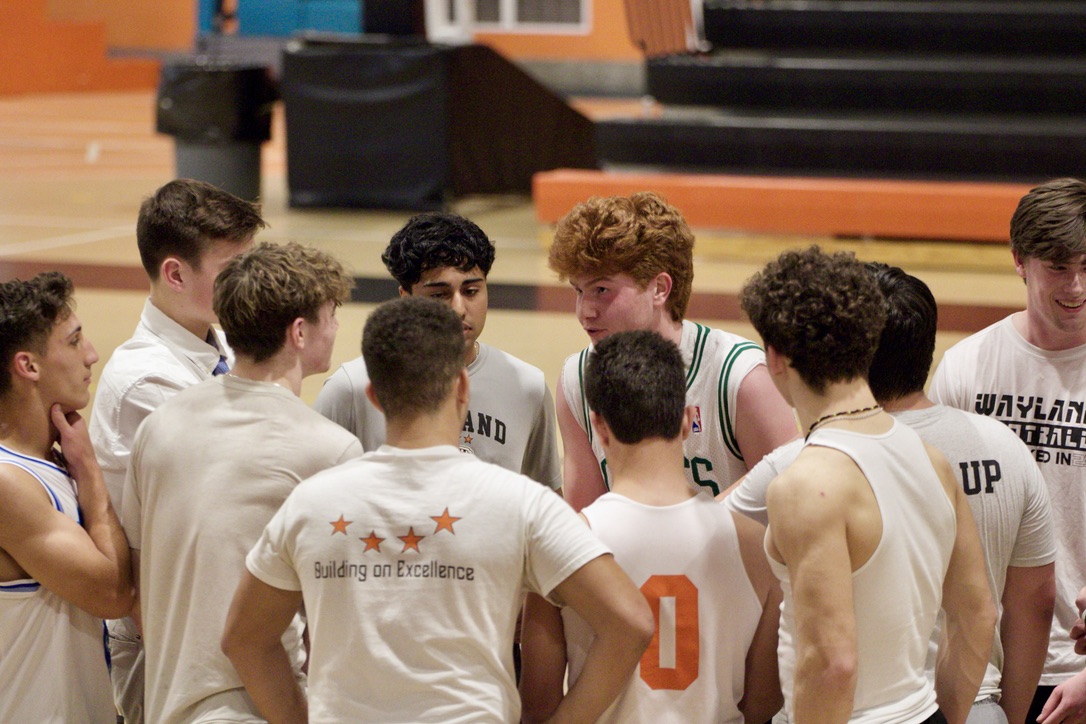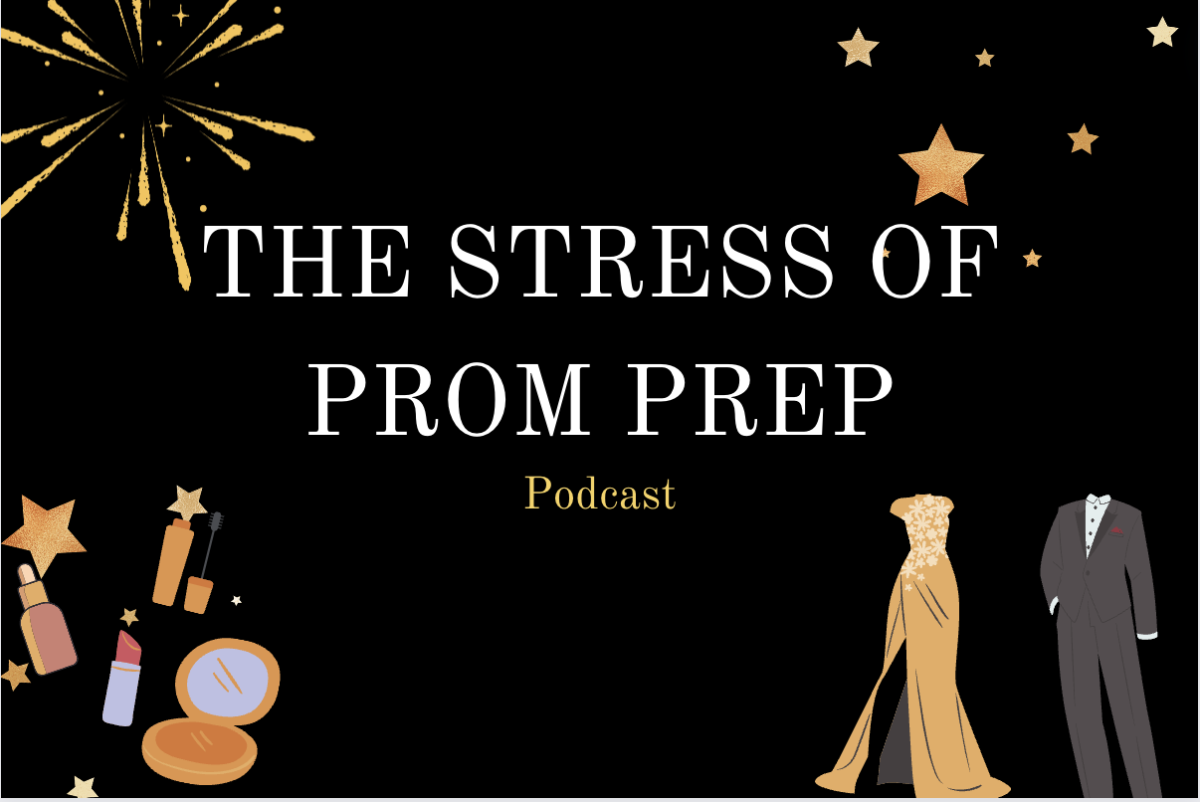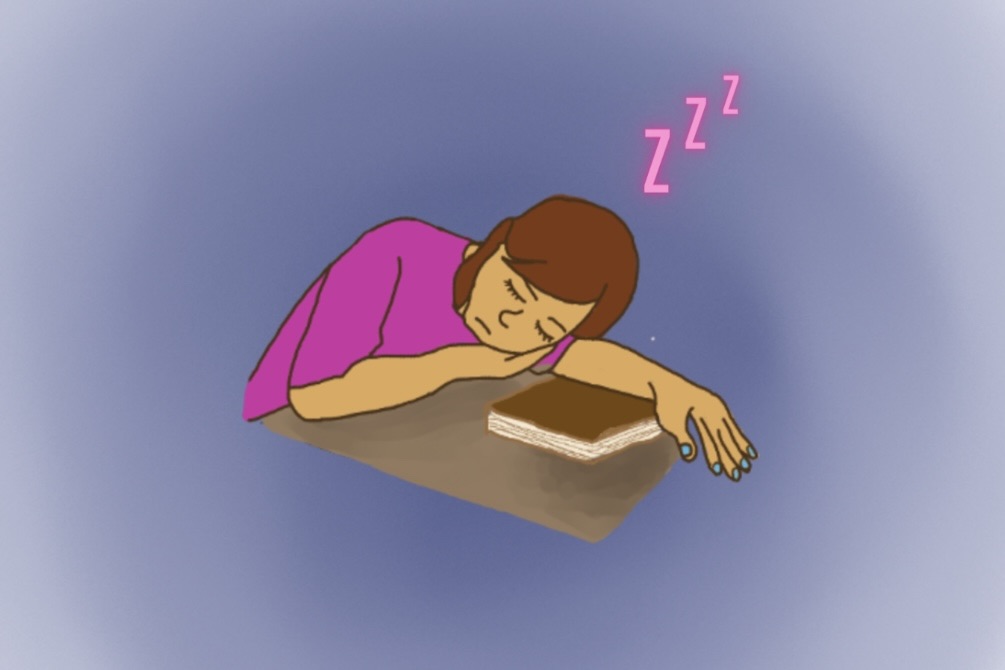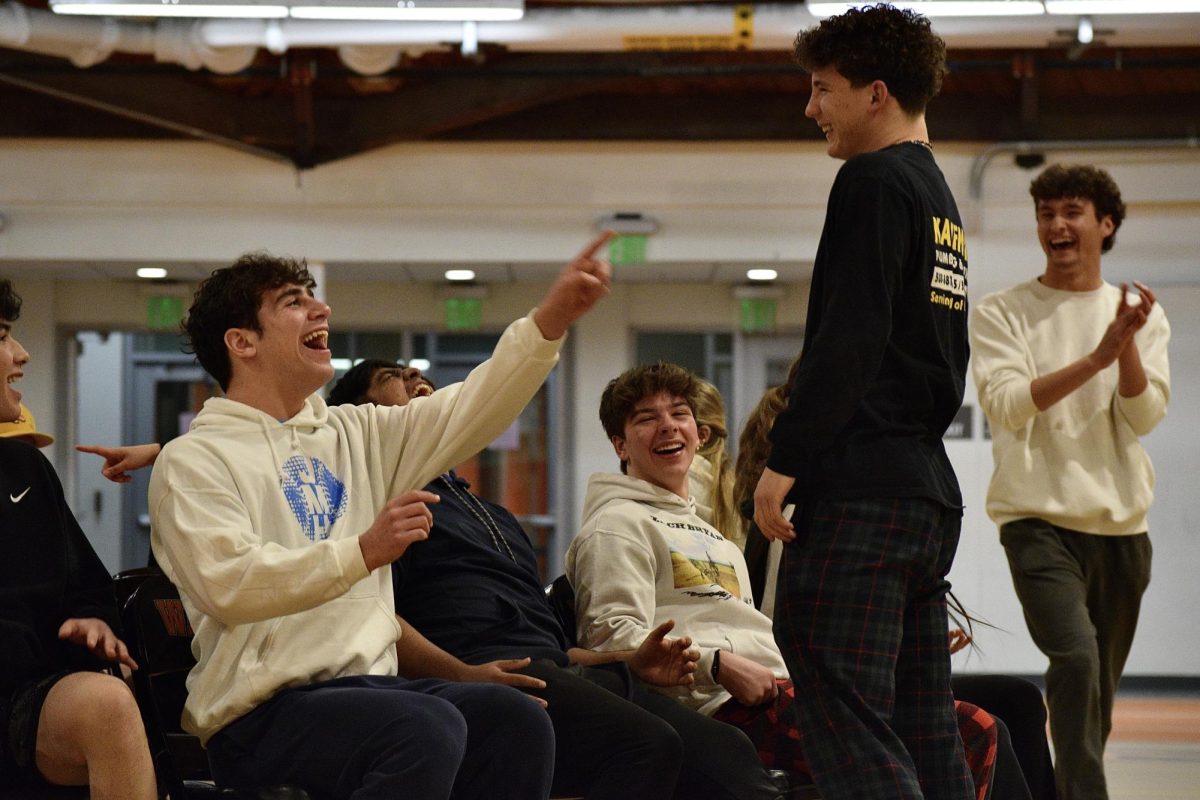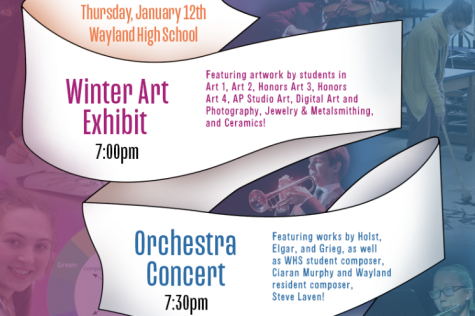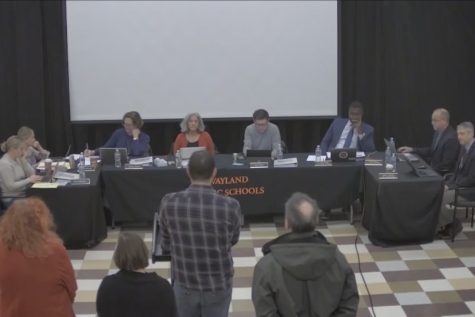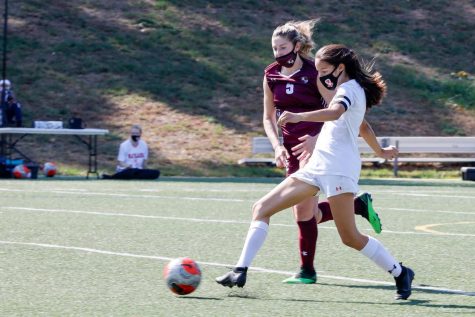Coronavirus forces schools to shift to online learning
![WHS has been forced to shift to online learning as a result of the coronavirus closure. Phase 1, which will last until April 13, includes enrichment learning. “[It is] nice to interact with people from the class and teachers that you havent seen in a while,” senior Hallie Bachman said.](https://waylandstudentpress.com/wp-content/uploads/2020/04/Screen-Shot-2020-04-06-at-2.55.26-PM.png)
WHS has been forced to shift to online learning as a result of the coronavirus closure. Phase 1, which will last until April 13, includes “enrichment learning.” “[It is] nice to interact with people from the class and teachers that you haven’t seen in a while,” senior Hallie Bachman said.
Due to Gov. Charlie Baker closing all schools in Massachusetts until May 4, schools and teachers are finding ways to keep students’ minds active and continue their learning from home. For WHS, this means enrichment work and sessions online until April 13. Many teachers are using websites like Zoom, Google Meet, Google Classroom, ItsLearning, Remind 101 and AP Classroom to communicate with and teach their students.
“I’ve been learning [on] Zoom and Google Meet,” freshman Emily Roberge said. “It’s helpful so [I] don’t forget everything [I] learned this year.”
As a result of needing to use unfamiliar technology, teachers and students have had to adapt to the new class routines. While it has been different, most teachers and students have been able to successfully complete assignments and join virtual classes.
“Some of [my teachers] said that they had to take some time to figure it out,” senior Hallie Bachman said. “But for the most part, I think that my teachers and I figured it out pretty quickly.”
In general, teachers have been understanding and have not given their students as much work as what was given while physically in school. Instead, teachers are helping students to complete work accurately and efficiently.
“I have around three to four [online sessions] per week,” Roberge said. “My teachers are definitely assigning less work than they normally do.”
One of the benefits of websites like Zoom and Google Meet is that they allow students and teachers to have group discussions, ask questions and simulate the physical classroom environment.
“I have been using Zoom to host ‘office hours’ where students can come [to] ask questions,” math teacher Jacy Anzalone said.
However, one of the issues with online sessions is that some students are viewing it as unnecessary. Because it doesn’t count towards students’ grades, and it is technically optional, some students have chosen to not join their online class meetings or complete enrichment work.
“I have had students attend every session I have hosted so far,” Anzalone said. “However, only a few students from each class have been attending.”
While there are students who aren’t participating in online enrichment work, others are making more of an effort to get work done.
“I have been doing the work because I am not allowed to see people, so it gives me something to do during the day,” said Bachman. “I feel bad if I don’t do the work because the teachers are putting work into it, so I am at least putting [some effort] into every class.”
Besides the many educational benefits of sites like Zoom, there is also a social aspect. For many, seeing friends or even leaving the house isn’t an option. The online sessions allow students and faculty to actually see each other face to face and to have conversations with each other during this difficult time.
“[It is] nice to interact with people from the class and teachers that you haven’t seen in a while,” Bachman said.
Your donation will support the student journalists of Wayland High School. Your contribution will allow us to purchase equipment, cover our annual website hosting costs and sponsor admission and traveling costs for the annual JEA journalism convention.

Ellie Smith, Class of 2023, is a second year reporter for WSPN. She plays on Wayland High School's field hockey, swim, and lacrosse teams. Outside of school,...

Jackie Cahaly, class of 2023, is a fourth year reporter, and second year co-broadcast editor for WSPN. She enjoys being part of the soccer, ski, and track...



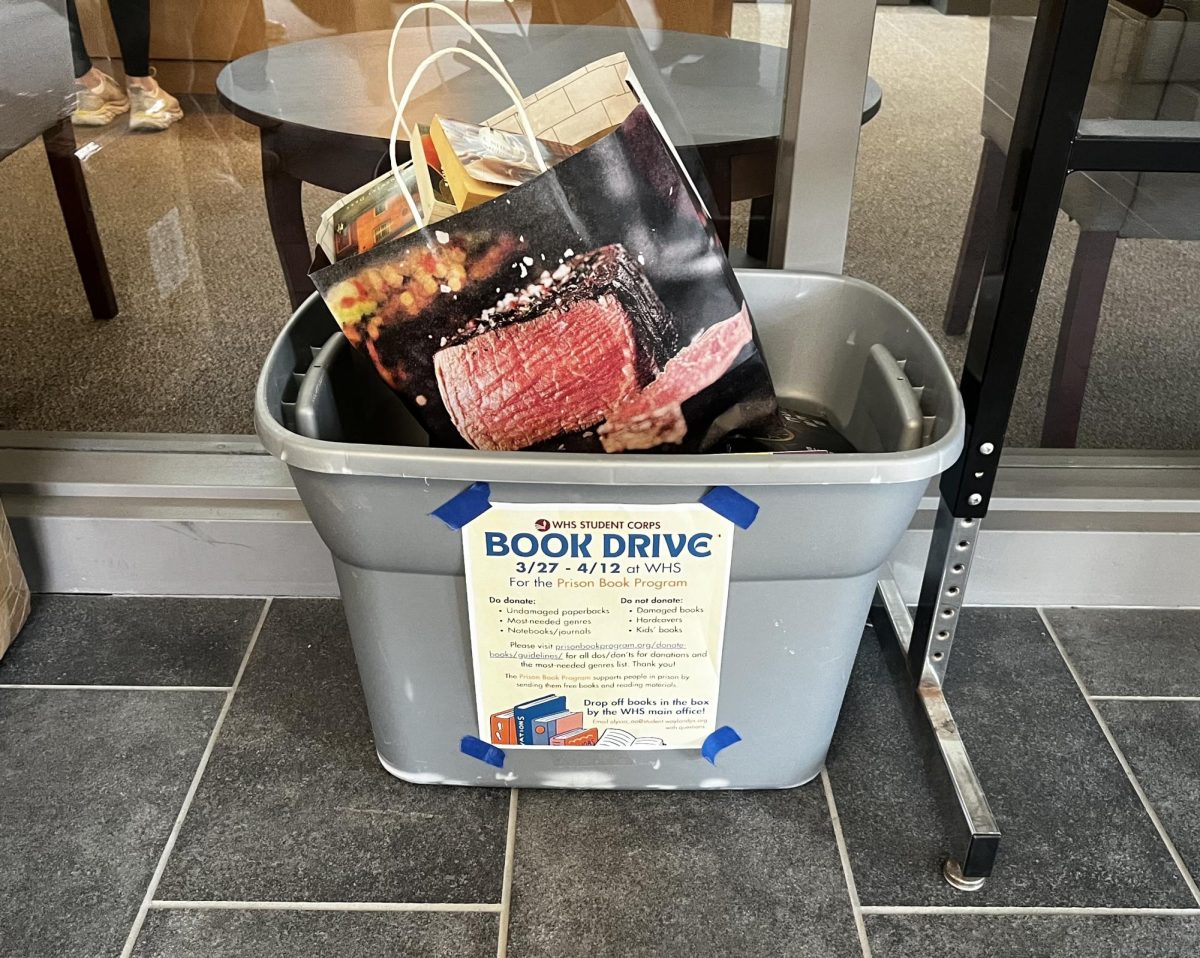






![WSPN staff reporter Marisa Mendoza sits down with Dr. Peggy McIntosh to discuss her work regarding white privilege and how she hopes her work will be influential for years to come.
The purpose of [my published] papers was to say that the public roles we are asked to play are filled with fraudulence, McIntosh said. People in high places, even the president, are fraudulent. We must not let other people make us feel like frauds. Let us continue to spot fraudulence in the public roles we are asked to play.](https://waylandstudentpress.com/wp-content/uploads/2024/04/IMG_7403-scaled-e1714358061368.jpg)
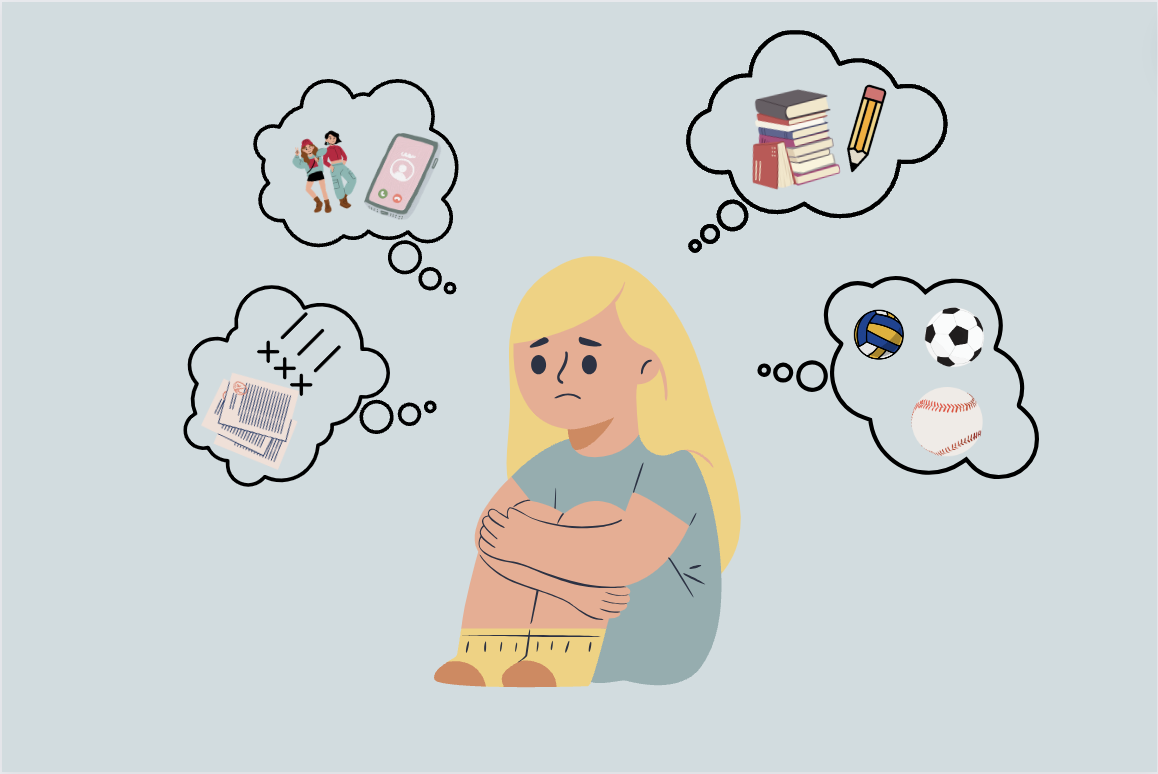
![WSPN’s Annika Martins and Maddie Zajac explore the athletic life of senior Annabelle Zhang through her badminton career. “This [photo] is me and my former partner after we won the 2022 junior nationals mixed doubles category,” Zhang said.](https://waylandstudentpress.com/wp-content/uploads/2024/04/IMG_6629-1200x900.jpg)
